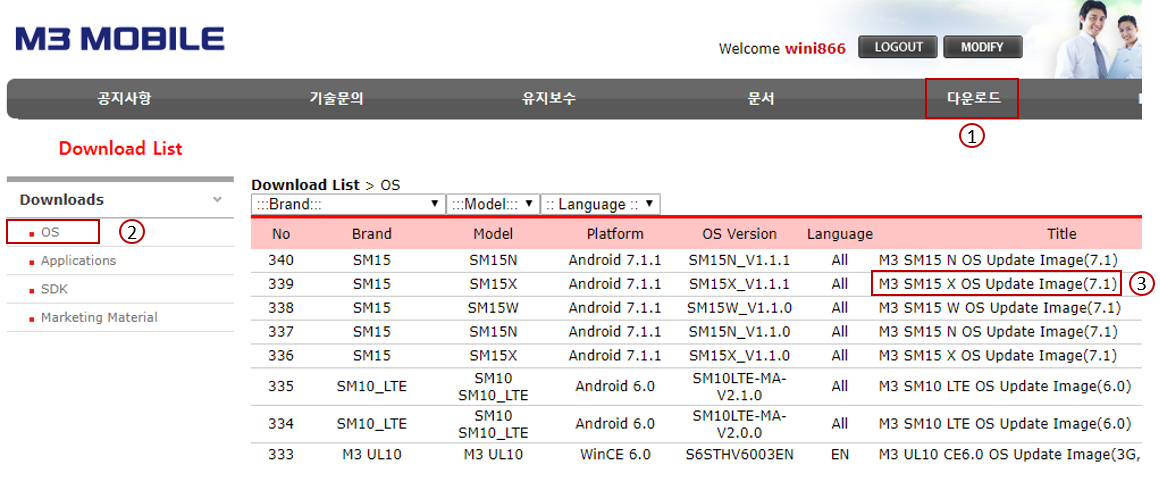
Hostinger offers affordable web hosting and fast services. They also provide a great user experience. It is very easy to use the website builder and doesn't require much technical knowledge. Their control panel is also easy to use and navigate. This is a great feature for novices. The control panel comes with many templates and tools that will help you quickly get your site online.
Hostinger cloud hosting plans cater to small- and medium-sized sites. These plans include unlimited bandwidth, free domain registration, and a dedicated IP. Some plans include two-factor authentication and a free SSL certificate. However, some users may not need these features.
Cloud Hosting, unlike VPS hosting offers dedicated resources with almost no downtime. Users can install applications in a single click. Cloud Hosting is also available for use 24/7. This is great for businesses that need to manage websites 24/7.

During the signup process, users must enter their name, email, and password. They can then choose a location for their server. If you decide to move your domain, Hostinger can do this for you in as little as two business days. You can also change your domain's nameserver information. You can also create child nameservers.
Hostinger cloud hosting plans are available in three options: Startup and Premium. Each plan is ideal for different types websites. The Business plan is ideal if you have a large business that requires a lot more space and power. It is also good for scale-ups. Customers get daily backups as part of the Business Plan, along with a free SSL Certificate.
The Business plan is especially beneficial for businesses that have heavy traffic. This plan can handle thousands of visitors per month. Customers can upgrade to Premium, which is appropriate for eCommerce shops.
Pricing is a key consideration when choosing a plan. A premium plan can get expensive. You may choose a shared plan, or a VPS package depending on what you need. No matter what type of hosting you choose, you can always add security and privacy protection.

If you're still unsure of which hosting plan to choose, it's a good idea to shop around and see what other companies offer. The majority of major players offer a 30-day money back guarantee. You can also call customer support to discuss any issues.
Hostinger's all-in-one system is one of its key strengths. Although it isn't as robust and user-friendly as cPanel's control panel, it is easy to use. Hostinger servers use LiteSpeed software, which is a powerful and fast web server. Furthermore, its data centers have high redundancy and are monitored 24 hours a day. This is critical for businesses who don’t want to be affected by downtime which can have a negative impact on their bottom line.
Hostinger has a wide range of templates and tools that can help you make your website look great. But they're not the best.
FAQ
Is it more likely to be hired as a web developer if I have a good portfolio?
Yes. When you are applying for a job as a web developer or designer, a portfolio is crucial. Your portfolio should show examples of your skills, experience, and knowledge.
Portfolios usually include samples of past projects. These can be anything that shows off your skill set. Your portfolio should include everything from mockups, wireframes, logos, brochures, websites, and even apps.
Do I hire a web developer or make it myself?
If you are looking to save money, don't spend on web design services. But if you want quality results, then hiring someone else to create your website may not be worth the cost.
It is possible to create websites without hiring expensive professionals.
If you're willing and able to invest the time and effort to create a stunning website, you can use free tools such as Dreamweaver or Photoshop to learn how to do it yourself.
An alternative option to outsourcing your project is to hire an experienced freelance web designer who charges per-hour instead of per job.
Can I build my website using HTML & CSS?
Yes! Yes!
Now that you know how to create the structure of a website, you'll also need to learn some HTML and CSS coding.
HTML stands for HyperText Markup Language. This is like writing a recipe. It would include ingredients, instructions, as well as directions. Similarly, HTML tells a computer which parts of text appear bold, italicized, underlined, or linked to another part of the document. It's the language for documents.
CSS stands for Cascading Style Sheets. You can think of CSS as a style sheet for recipes. Instead of listing every ingredient and instructions, you create general rules about font sizes, colors, spacing and other details.
HTML tells your browser how to create a web page. CSS tells you how.
Don't worry if you don't know the meaning of either one of these terms. Follow the tutorials below, and you'll soon be making beautiful websites.
What Kinds Of Websites Should I Make?
It all depends on what your goals are. To build a business around your website, you may want to focus on selling products online. This will require you to set up a strong eCommerce site.
Blogs, portfolios, forums, and other types of websites are also popular. Each one of these websites requires different skills. You will need to be familiar with blogging platforms like Blogger or WordPress if you wish to create a blog.
It is important to choose the right platform for your site. There are many templates and themes available that can be used for free on each platform.
Once you have selected a platform you can add content to your website. Pages can include images, videos, text and links.
When you are ready to launch your new website, you can publish it online. Once published, visitors can view your site in their browsers.
Are you a technical person who wants to design and build a site?
No. All you need is an understanding of HTML and CSS. You can easily find tutorials online that teach both HTML and CSS.
Statistics
- When choosing your website color scheme, a general rule is to limit yourself to three shades: one primary color (60% of the mix), one secondary color (30%), and one accent color (10%). (wix.com)
- It enables you to sell your music directly on your website and keep 100% of the profits. (wix.com)
- It's estimated that chatbots could reduce this by 30%. Gone are the days when chatbots were mere gimmicks – now, they're becoming ever more essential to customer-facing services. (websitebuilderexpert.com)
- Did you know videos can boost organic search traffic to your website by 157%? (wix.com)
- At this point, it's important to note that just because a web trend is current, it doesn't mean it's necessarily right for you.48% of people cite design as the most important factor of a website, (websitebuilderexpert.com)
External Links
How To
What is website hosting?
Website hosting is the place where visitors go to visit a website. There are two types.
-
Shared hosting - This is the cheapest option. Your website files reside on a server controlled by someone else. When customers visit your site, their requests travel over the Internet to that server. You then receive the request from the owner of the server.
-
Dedicated hosting - This is the most expensive option. Your website resides entirely on one server. There are no other websites sharing space on the server. Your traffic remains private.
Because shared hosting is more affordable than dedicated hosting, most businesses opt for it. When you use shared hosting, the company that hosts the server gives you the resources to run your site.
However, both have their advantages and disadvantages. Here are the main differences between them:
Pros of Shared Hosting
-
Lower Cost
-
It's easy to set up
-
Frequent Updates
-
It can Be Found On Many Web Hosting Companies
Shared hosting is often as cheap as $10 per month. This price often includes bandwidth. Bandwidth refers the data that you can transfer over the Internet. So even if you only upload photos to your blog, you may still pay extra money for high amounts of data transferred through your account.
Once you begin, you will soon see why you spent so much on your previous host. Many shared hosts offer very little customer support. While they may occasionally assist you in setting up your site and other tasks, after that you are all on your own.
You'll want to look into a provider that offers 24-hour phone support. They will take care of any issues while you sleep.
Cons of dedicated hosting
-
More Expensive
-
Less is More
-
Requires Special Skills
You're getting everything you need with dedicated hosting to operate your website. You don't need to worry about bandwidth usage or RAM (random access memory).
This means you will need to spend more upfront. But once your online business starts, you'll realize you don't need any technical assistance. You'll become an expert at managing your servers.
Which Is Better For My Business, So Which Is Better?
It all depends on the type of website you are creating. If you are selling products, shared hosting may be the best option. It's simple to set it up and keep it updated. And since you're sharing a server with many other sites, you'll likely receive frequent updates.
If you are looking to create a community around your brand, dedicated hosting is the best option. Instead of worrying about your traffic, you can build your brand while still being able to concentrate on your business.
Bluehost.com offers both. Bluehost.com provides unlimited monthly data transfer, 24/7 support, free domain registration and a 30-day money back guarantee.